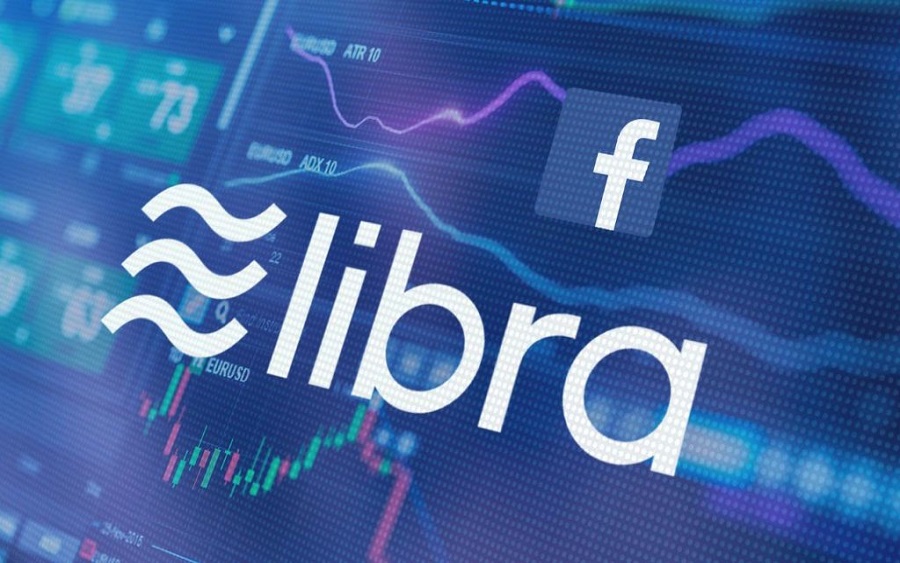The release of the white paper about Facebook’s digital currency resulted in extensive media coverage, ensuring information about it was widely accessible. In this post, we’ll be covering the 7 important things you need to know about Facebook’s “revolutionary” currency, Libra.
It Is a Stable coin
A stable coin is a type of cryptocurrency that is tethered to other stores of value like gold, securities, fiat money or other cryptocurrencies in order to reduce volatility. When launched, Libra will be a stable coin because its value will be based on a group of existing currencies including the Euro, British Pound Sterling, Japanese Yen, and the US Dollar. It will also be pegged to a security token called Libra Investment Token.
From Permission to a Permissionless Network
On a permission-based network, Libra would be in charge of authorising those who can have access to the Libra blockchain. On the permissionless network, anyone who meets certain technical requirements can have access to the blockchain. Libra is taking this route to monitor the blockchain closely in its first few months before opening it to the public.
[READ FURTHER: How Intels decided revenue sharing formula with NPA]
It Is Built on The Libra Blockchain
The Libra token is built on the Libra blockchain. Unlike the Bitcoin and Ethereum blockchain, a new programming language has been drafted for this blockchain. The name of the programming language is Move.
The Libra white paper also states that transactions that would be carried out on the Libra blockchain would be private transactions. Users identity would not be visible as users would only need their public and private keys to carry out transactions.
It Is Not Run by Facebook
Unlike what most people assume, Libra is not run by Facebook. Instead, it will be run by an independent body known as the Libra Association. Even though this body is an offshoot of Facebook, the white paper states that it works independently of it. Many people believe that this is a move by Facebook to remove this new finance project from the privacy controversy that Facebook is known for.
[READ THIS: How blockchain revolutionises finance & investing]
Another fascinating thing is the white paper is not signed by Mark Zuckerberg or Facebook’s Head of Blockchain Engineering, Evan Cheng. According to the White paper Facebook would only Facebook is only a partner.
It Will Operate Smart Contract
A smart contract operates pretty much like a normal contract except that it is a set of codes on the blockchain which automatically means that it is decentralized. The Ethereum blockchain was the first blockchain to enable smart contract functionality.
Backed by Star-Studded Companies
Its Founding Members as they are called, are companies that are in partnership with the Libra team on this project. Founding members participate in the responsibilities of governance, implementation and strategy.
Some of its founding members are Booking Holdings, Facebook’s Calibra, Amazon, eBay, Paypal, Mastercard, Uber, Visa, Vodafone, Coinbase, Women’s World Banking and a group of others.
There Have Been Mixed Reactions
Reactions to the release of the Libra white paper haven’t been entirely positive. For a start, it has been hit by a host of regulatory hurdles in Europe. As there’s concern about the challenges it would pose for already established financial institutions like banks.
Then there’s also the privacy issue. Facebook has a bag of privacy issues attached to its name which raises red flags in some quarters.
[KEEP READING: UBA launches ‘Leo’ chat banking on social media platform]
This article is in partnership with Quidax. Quidax is a European based cryptocurrency exchange with a focus on Africa. We provide a seamless platform for users to send, receive, buy and sell cryptocurrencies using their local currencies.
